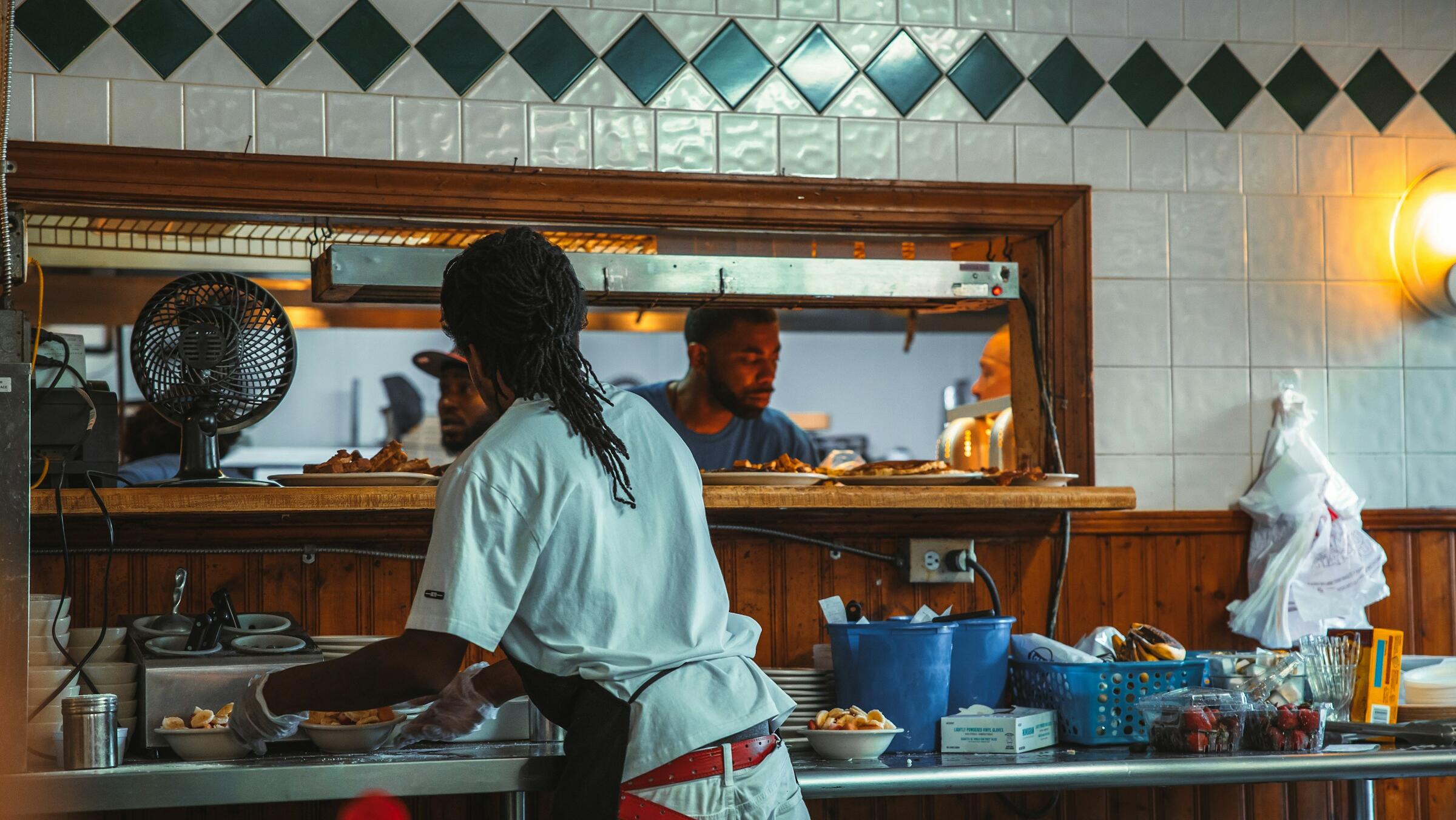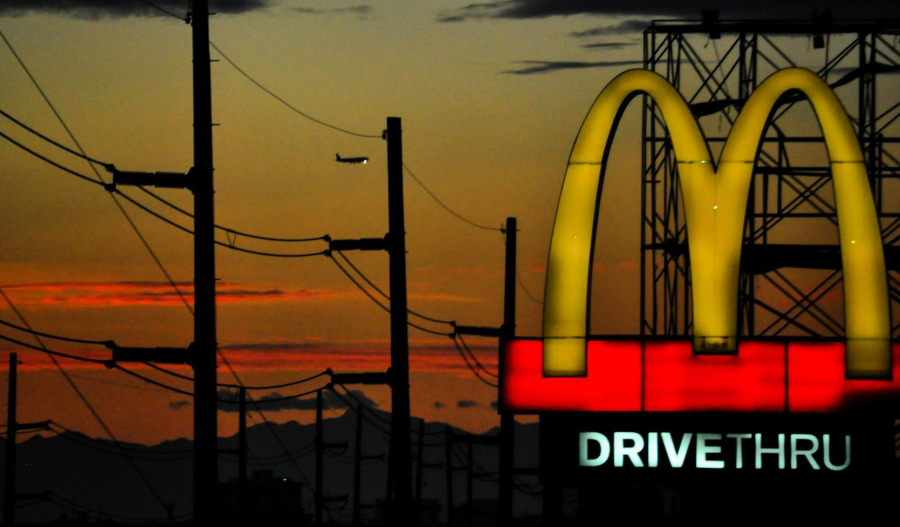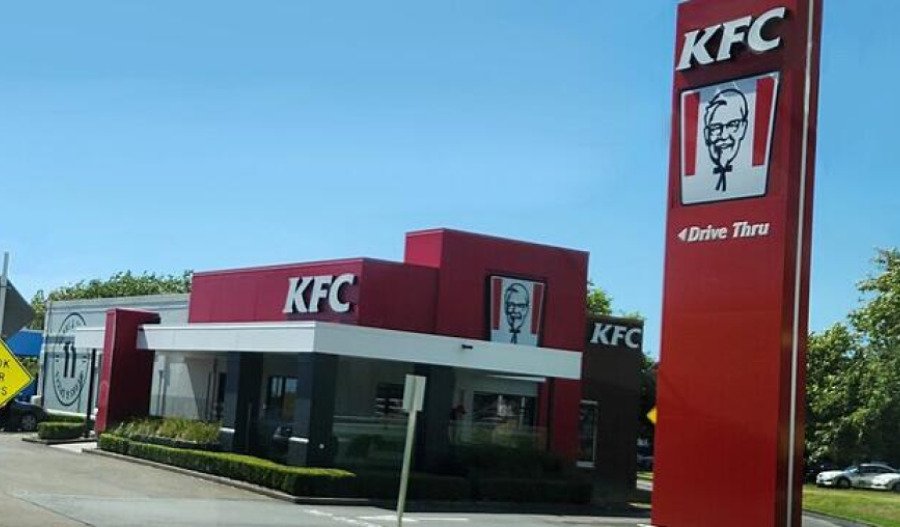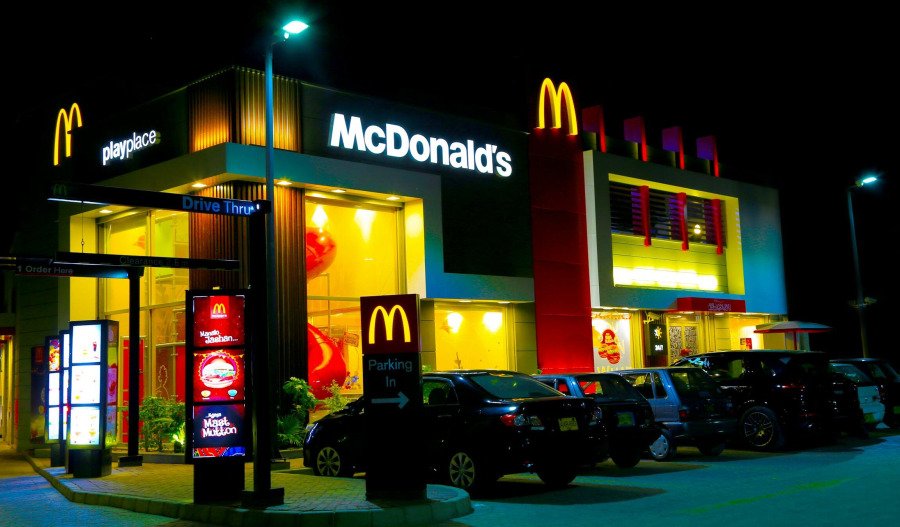The tough financial times confronting the American economy has caught up with the country’s fast food chains with sales slowing this year, as low consumer confidence forces would-be diners to eat at home, while stock share prices are also feeling the pain.
While consumer confidence appears to have stabilised somewhat since taking a big hit in March, concerns about the state of the economy and their dwindling customer base are seeing fast-food chains grapple with same-store sales slowdowns.
A year ago, eateries like Chipotle Mexican Grill and Cava were reporting double-digit same-store sales growth, even as the broader restaurant industry posted falling traffic and slumping sales.
However, times have changed, and this spring, fast food chains saw foot traffic decline as sales slowed down or even shrank.
The latest fast food chain to experience a sales slowdown is Cava, the Hot New Restaurant Thing on Wall Street, which reported a mere 2.1% same-store sales increase in the second quarter.
When the company lowered its guidance for the year in response to lower-than-expected sales, the stock’s share price tumbled 24% making it the latest fast-casual chain to feel Wall Street’s wrath after reporting disappointing quarterly sales.
Concerns about elevated prices, future job prospects and general anxiety about the future have also hit Texas-based chicken wings chain, Wingstop, which has reported its first same-store sales decline in three years.
Despite strong expectations of improving traffic and sales over the summer, Shake Shack stock fell 12% after it reported a 1.8% same-store sales increase coupled with a 1% traffic decline.
Then there’s fast-casual salad chain Sweetgreen, which reported a 7.1% same-store sales decline and is now tied with Jack in the Box for the worst performance of the quarter.
According to Scott Boatwright, the CEO of Chipotle, whose chain opened this round of earnings with a 4% same-store sales decline, the downturn is not a Chipotle problem.
“We’ve unpacked this thing 10 ways to understand, is this a self-inflicted problem, or is this just more a macro problem?” he pondered.
To explain the downturn, executives have said that diners are “cautious,” in the words of Sweetgreen CEO Jonathan Neman, or dealing with an economic “fog,” according to Cava CFO Tricia Tolivar.
While diners are finding reasons to cut back on their Shake Shack burgers or Chipotle bowls, investors are also trimming their fast-casual holdings after rewarding the companies last year for outperforming the rest of the industry.
So far in 2025, Shake Shack shares have fallen 16%; Chipotle stock has slid 28%; Cava shares have tumbled 37%; and Sweetgreen stock has plunged 70%.
Of the notable publicly traded fast-casual chains, only Wingstop has managed to stay in the green this year, with gains of 20%.
The tough love being dished out to fast-food companies undermines their historical reputation as being a safer bet during economic uncertainty.
According to research from UBS, investors have grown more cautious about betting on any restaurants, given weak traffic trends and concerns about consumer spending.
While some fast-casual chains flagged company-specific reasons for their weaker-than-expected results, executives also said that economic uncertainty is weighing on consumers – and hurting their sales.
Generally, fast-casual diners are higher income and more likely to have white-collar jobs.
However, Chipotle CEO Scott Boatwright blamed a pullback from low-income consumers for the chain’s same-store sales declines of 4% in the second quarter.
“You have to look no further than what’s going with our competitors with snack occasions or $5 meals. That’s where the consumer is drifting towards, [with] value as a price point, because of low consumer sentiment,” he told analysts on the company’s earnings conference call.
“I think as sentiment improves, the business will improve. I think that’s probably the biggest headwind we face.”



